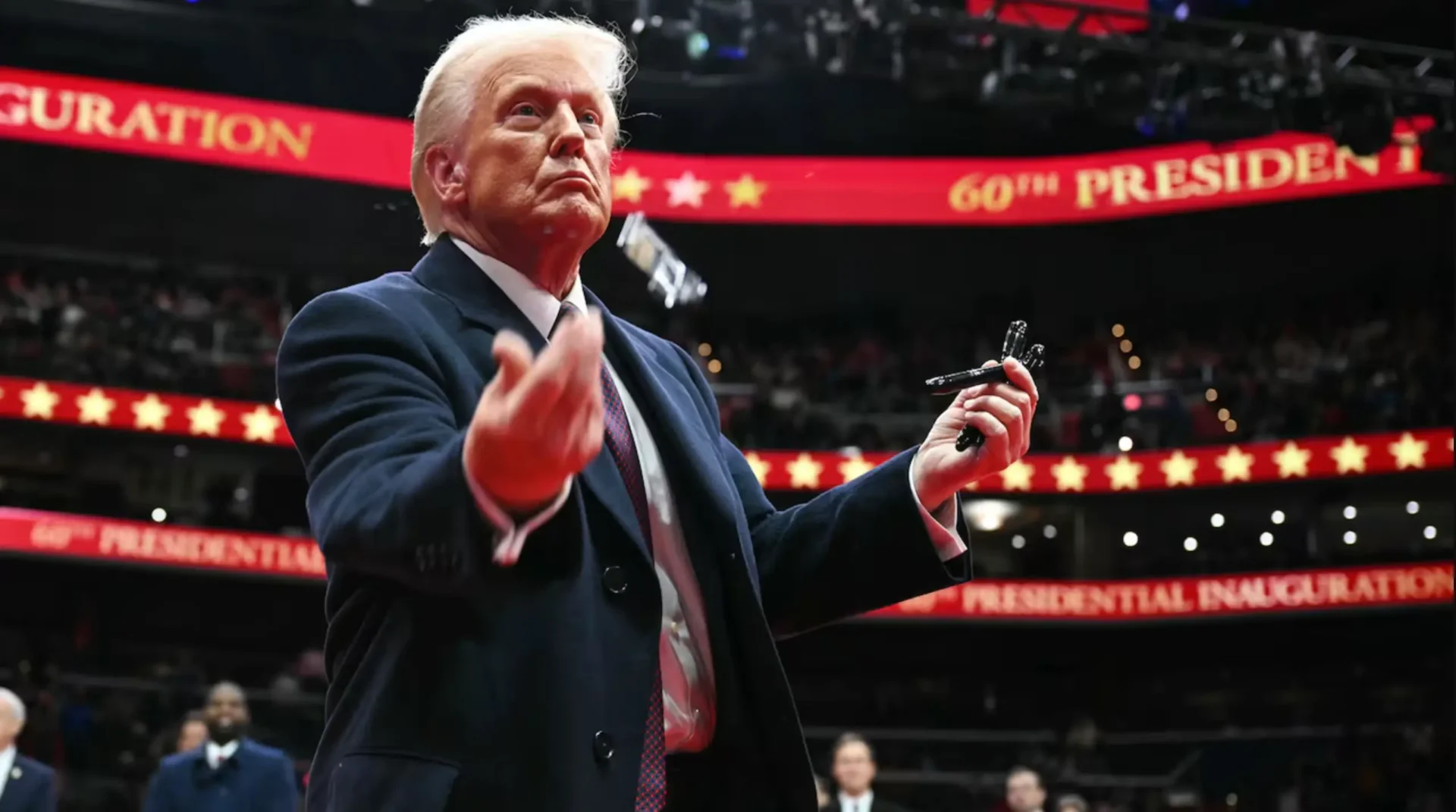The diplomatic dispute between Donald Trump and Gustavo Petro—along with the measures announced by the President of the United States since taking office—has cast a spotlight on a crucial aspect of contemporary international relations: the rapid construction of a post-United States world. This shift presents Colombia with the monumental challenge of building greater political and economic autonomy in its international relations. While the characteristics of this emerging world remain unclear, certain aspects of the U.S.-led order are visibly fading: the unwavering defense of free trade, the dominance of international institutions, and the nation’s self-image as the global beacon of freedom and democracy.
For a significant segment of Colombia’s (and Latin America’s) political elite, accepting this transition is difficult. The same holds true for mainstream media. Pro-United States sentiment remains deeply ingrained, fueling the belief that political alignment and diplomatic decorum will continue to shield the region from Washington’s pressure and coercion.
Nothing could be further from reality. While avoiding unnecessary and prolonged confrontations is advisable, even the most cautious rhetoric will not protect us from Trump or the structural shifts in the global order. This is where those who advocate for perpetual submission get it wrong. However, this does not mean adopting a reckless stance and making ourselves a target in every controversy. Instead, Colombia must adopt a long-term strategy—dialing down the grandiose rhetoric and ramping up strategic diplomacy.
Tactics and strategy in an increasingly conflict-ridden world
The international landscape is becoming more turbulent, prompting actors like the European Union to reduce trade dependencies and seek greater “strategic autonomy” amid the economic standoff between the United States and China. The Trump-Petro clash has served as a wake-up call—not just for Colombia’s political class but also for its economic sectors—highlighting the risks of excessive dependence on a Trump-led United States.
Addressing this challenge is neither simple nor optional. Strengthening commercial and political ties with other global players—particularly in Asia and Africa—is an urgent necessity. This requires not only strategic and diplomatic efforts to deepen existing relationships and establish new agendas but also robust support to help Colombian businesses expand into new markets. Moreover, this shift should be accompanied by an ambitious economic transformation that reduces the country’s dependence on raw materials and their volatile international prices.
As highlighted in multiple reports by the Economic Commission for Latin America and the Caribbean (ECLAC), one pathway toward this goal is greater regional integration. Although advancing integration may seem difficult given the current political and regional divisions, it remains an imperative. Perhaps growing U.S. pressure could serve as a new incentive to strengthen these ties, even if the recent cancellation of the Community of Latin American and Caribbean States (CELAC) summit suggests a need for caution.
One academic proposal under discussion is a more segmented approach to integration, avoiding broad, all-encompassing organizations. Instead, efforts could focus on specific areas where regional consensus is more feasible. For instance, ECLAC underscores the urgent need for greater self-sufficiency in healthcare (as revealed by the pandemic) and food security (highlighted by Russia’s invasion of Ukraine).
Politically envisioning the day after the United States
Beyond strengthening national and regional autonomy and defending against U.S. political and economic pressures, Latin America must also radically rethink the world it seeks to build. The global rise of the far right threatens to undo many of the rights gained in recent decades. A purely defensive or reactive approach will not suffice—Latin America must also proactively shape a post-U.S. world and develop a concrete agenda to bring it to life.
Colombia has already taken steps in this direction, embracing policies such as a feminist foreign policy, a wealth tax on the super-rich, and a commitment to climate and energy transition. However, additional efforts are needed. These include reforming global governance institutions and creating new, more effective and equitable ones; promoting a renewed multilateralism that better represents the Global South’s needs and ensures equal participation for all international actors; and firmly opposing the selective application of international law in conflicts such as Gaza and Ukraine.
All these efforts must also align with concrete social goals, such as the global eradication of hunger—an issue championed forcefully by the Brazilian government. Latin America must dare to envision a radically different world and move toward it with intelligence, autonomy, and diplomacy. True autonomy requires an active economic diplomacy, a redesign of industrial policies, and a commitment to research and technological development. This must be a national endeavor built in collaboration with cities, regions, and all social, political, and economic stakeholders.
Moreover, autonomy is neither a gift nor a mere declaration of intent—it is a political, economic, and cultural construction that demands determination and political will.
The world is changing; it is time for Colombia to change as well.
*Machine translation proofread by Ricardo Aceves.













